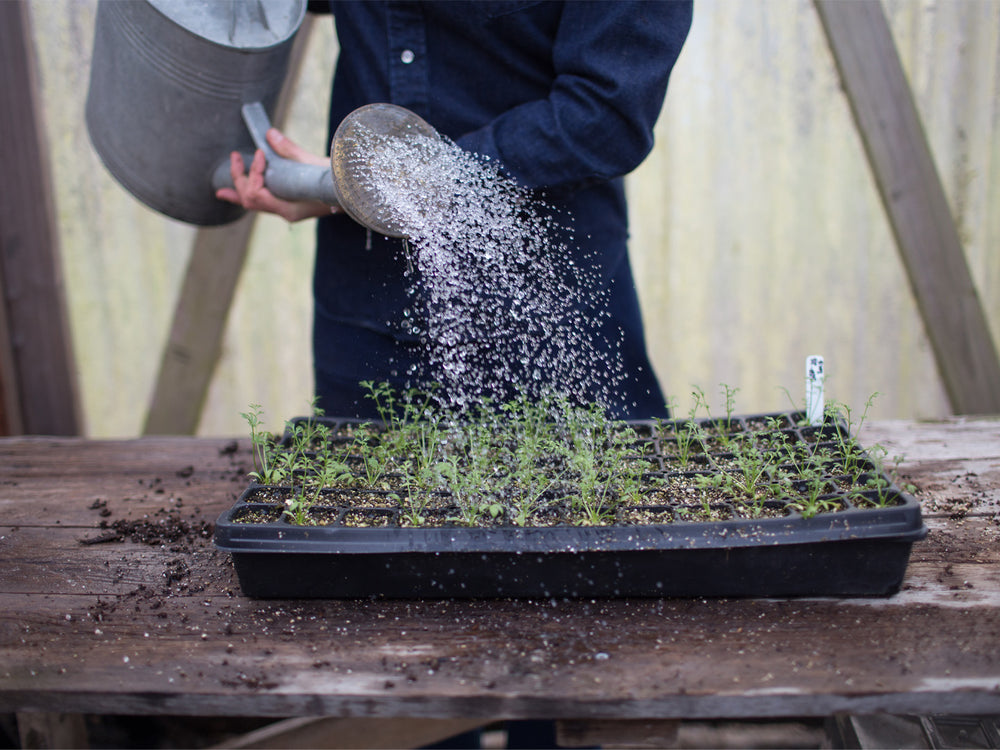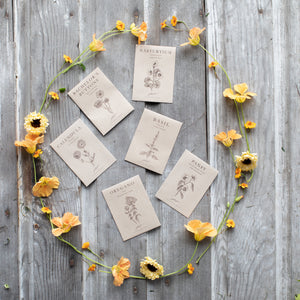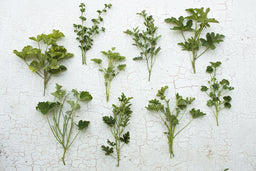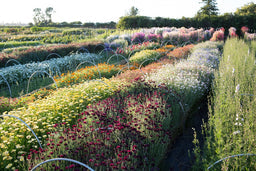Bee’s Friend
Phacelia tanacetifolia
Description
One of the most pollinator- and beneficial-insect-friendly flowers that you can grow, this medium-size plant is a must-have for any garden. Exceptionally interesting, curling flowers are held above lacy, fern-like foliage. Blooms are a soft periwinkle blue-purple and smell like grape candy. In addition to being a favorite with the insects, bee’s friend makes a delightful, long-lasting cut flower.
Details
Height: 18 to 30 in
Site: full sun
Days to maturity: 45 to 60 days
Plant spacing: 6 to 9 in
Pinch: not necessary
Seed Sowing & Growing Notes
Direct-seed in the spring as soon as all danger of frost has passed. Cover seeds with soil, as they need darkness to germinate.
Harvesting/Vase Life
Details
Description
One of the most pollinator- and beneficial-insect-friendly flowers that you can grow, this medium-size plant is a must-have for any garden. Exceptionally interesting, curling flowers are held above lacy, fern-like foliage. Blooms are a soft periwinkle blue-purple and smell like grape candy. In addition to being a favorite with the insects, bee’s friend makes a delightful, long-lasting cut flower.
Details
Height: 18 to 30 in
Site: full sun
Days to maturity: 45 to 60 days
Plant spacing: 6 to 9 in
Pinch: not necessary
Seed Sowing & Growing Notes
Direct-seed in the spring as soon as all danger of frost has passed. Cover seeds with soil, as they need darkness to germinate.
Harvesting/Vase Life
Sources
How to Grow
How to Grow

Winter Mini Course: Seed-Starting 101
Learn how to start flowers from seed in this three-part video series
In this free video series, you’ll learn everything you need to know to successfully start flowers from seed, including all of the necessary supplies, step-by-step instructions, special tips and tricks, and how to create a simple indoor seed-starting area.














